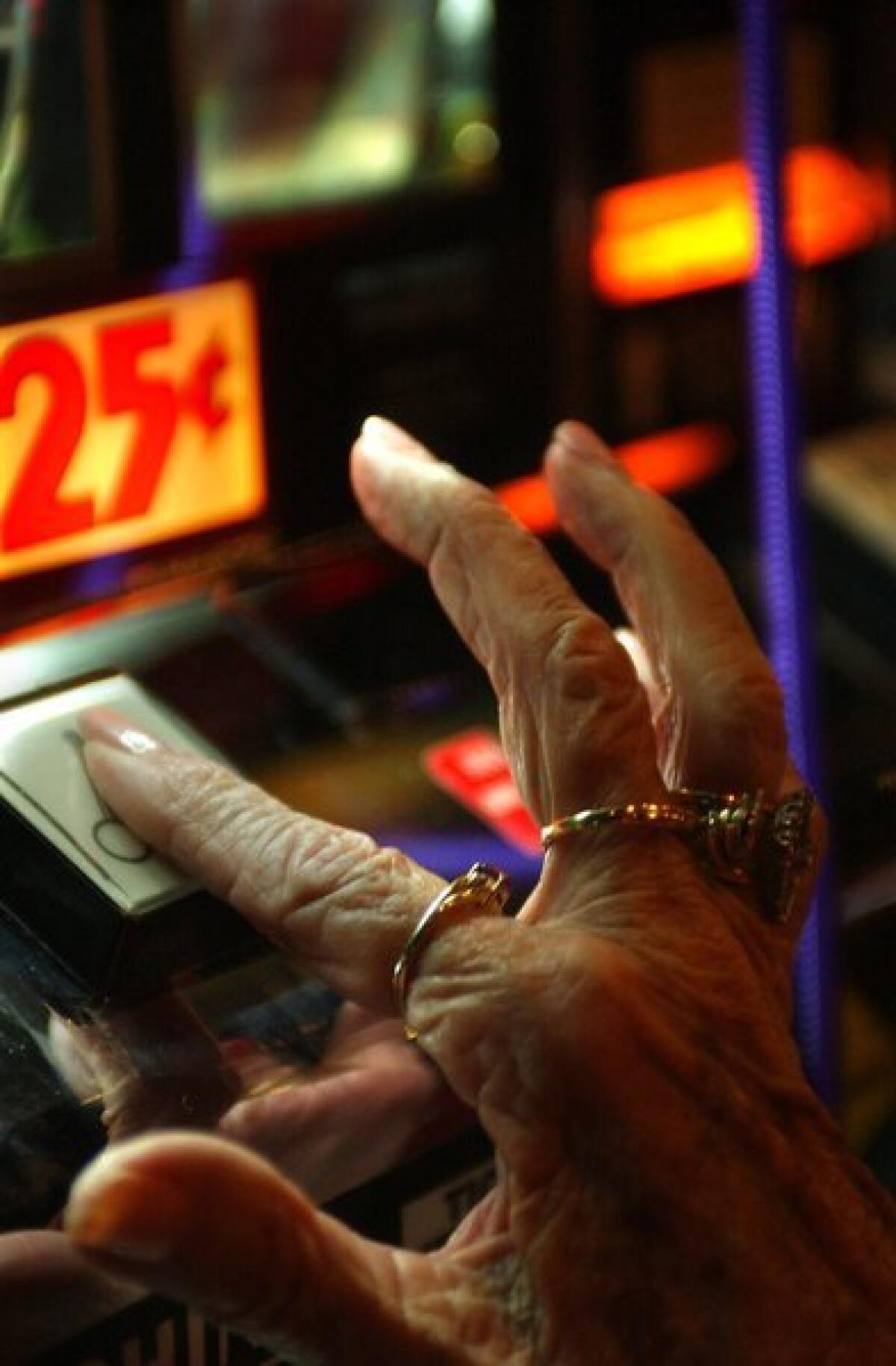Do we make poorer decisions as we age?

When it comes to making boneheaded choices, teenagers usually win society’s award for overall poor decision-making.
Yet a study published recently in the journal PNAS suggests that our ability to make wise choices changes over time, and actually declines with old age.
In fact, the study found that in certain situations, the decision-making ability of people older than 65 was worse than that of adolescents. While teens were more apt to drive carelessly, study authors argued that seniors were more likely to make poor medical or financial decisions.
“We found that even the healthiest of elders show profoundly compromised decision-making,” wrote senior study author Ifat Levy, an assistant professor of comparative medicine and neurobiology at Yale University in Connecticut.
The study involved 135 men and women between ages 12 to 90. Each was assigned a sum of money -- $125 -- and then asked a series of “lottery questions.” The questions were designed to gauge risk aversion, consistency of thought and rationality.
Seniors “disturbingly” chose irrational wager options 25% of the time, according to the study authors. An example of an irrational choice would be to bypass a sure gain of $5 in favor of an ambiguous or risky choice to win the same amount of cash.
By contrast, adolescents chose irrational options 10% of the time, while young and midlife adults chose them only 5% of the time.
Seniors were far more cautious than the other age groups when choosing between two possible cash gains. If faced with the option of receiving $5 for certain, or a lottery that paid $20 with a 50% chance of winning, seniors chose the $5.
When seniors faced a choice between two losses, however, such as losing $5 for certain or choosing a lottery in which they stood a 50% chance of losing $20 or nothing, they chose the riskier option with the higher potential loss.
Seniors also lacked consistency, the authors found. When a certain question was asked four times, seniors switched their answers “significantly” more than all other age groups and roughly twice as often as adults ages 21 to 50, the authors found.
The authors argued that the pattern of decision-making among elder participants in the study was not a function of illness or age-related dementia. The 36 seniors who participated in the study were all screened and determined to be healthy.
Levy said the findings fall in line with a growing body of research that suggests older adults make decisions detrimental to the wealth, health and general well-being. For instance, they generally borrow at higher interest rates, incorrectly estimate property values and pay more fees to financial institutions.
The reason for such behavior remained a mystery, but it did raise potential policy issues, considering that seniors are more likely to fail to choose health plans correctly and more likely to make voting errors, the authors wrote.
“The decrease in consistency and rationality may be due to a general reduction in cognitive function, which occurs even in healthy aging, although we were surprised that it is so extreme,” Levy said.
“As for the risk preferences, it may be that as they are getting closer to the end of their life, people assume that it is less likely for uncertain events to actually happen to them, which drives them to take less risks with gains, but more risks with losses,” Levy said. “But that is pure speculation – more research is needed to understand these phenomena.”







